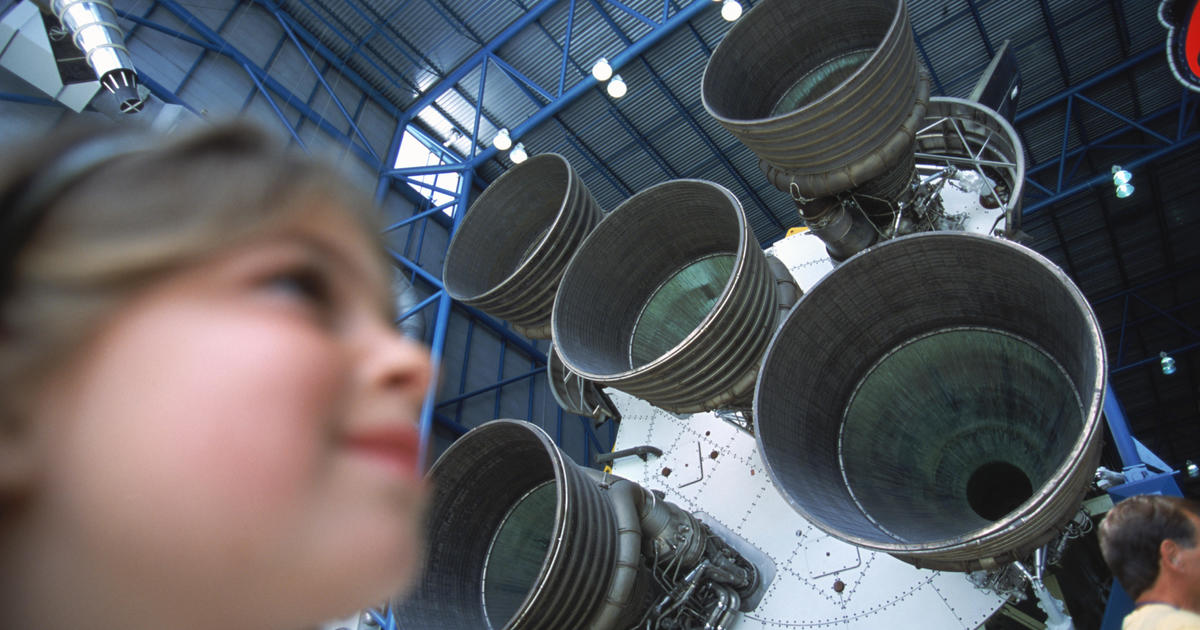Are rocket scientists and brain surgeons really that much smarter? - 3 minutes read

London — Think rocket science and brain surgery are out of your league? Think again. According to research published in the British Medical Journal, neither career choice requires a level of intelligence much beyond that of the general public.
Researchers tested the cognition of neuroscientists and aerospace engineers using the Great British Intelligence Test, which measures spatial planning, working memory, attention, and emotion processing abilities, among other things. They compared the results of 748 neuroscientists and aerospace engineers to those of more than 18,000 members of the British public, and they found that aerospace engineers didn't score significantly higher than the public in any areas, while neurosurgeons were able to solve problems faster, but showed a slower memory recall speed.
As an aspiring neurosurgeon herself, lead author Dr Inga Usher found the results "quite funny, really," and says she "love[s] that, compared to the general population [the scores are] pretty evenly matched."
Usher told CBS News that the study started as a tongue-in-cheek idea that occurred to her co-author, Aswin Chari, during his first year of neurosurgical training. But it soon became clear there was a deeper lesson to be learned.
"We see that 70% of both fields were men. Clearly there's not sufficient diversity, so maybe it's time to stop reinforcing these stereotypes, because it does deter kids — and, unequally, kids from non-white backgrounds, kids who are female — from pursuing these subjects at school."
Previous research shows that school-aged children tend to see careers in science, technology, engineering, and mathematics as intimidating and inherently masculine. This reputation discourages girls and children of color from pursuing those careers, leading to a lack of diversity in the field that only serves to perpetuate the stereotype, and so the cycle continues.
In the United States, less than 17% of bachelor's degrees in aerospace engineering are awarded to people from ethnic minority groups, and only 14% go to women.
The lack of a broad, diverse pool of talent to draw from has become a particularly pressing problem amid the coronavirus pandemic, which has prompted an exodus of burned-out health workers and discouraged people from considering medical careers.
There are predicted staffing shortfalls in both neurosurgery and aerospace engineering in the coming decades, and the authors of this study hope that questioning the stereotypes around these types of top-tier technical jobs will positively impact public outreach and recruitment.
The study was carried out in partnership with Brainbook, a charity that Usher says is, "trying to demystify neurosurgery a little bit," for both patients and the general public.
"It would be disingenuous to say you don't need to be smart to [be a neurosurgeon or aerospace engineer]," says Usher, but the study concludes that both professions may be "unnecessarily put on a pedestal" because they are seen as requiring exceptional cognitive abilities.
Source: CBS News
Powered by NewsAPI.org